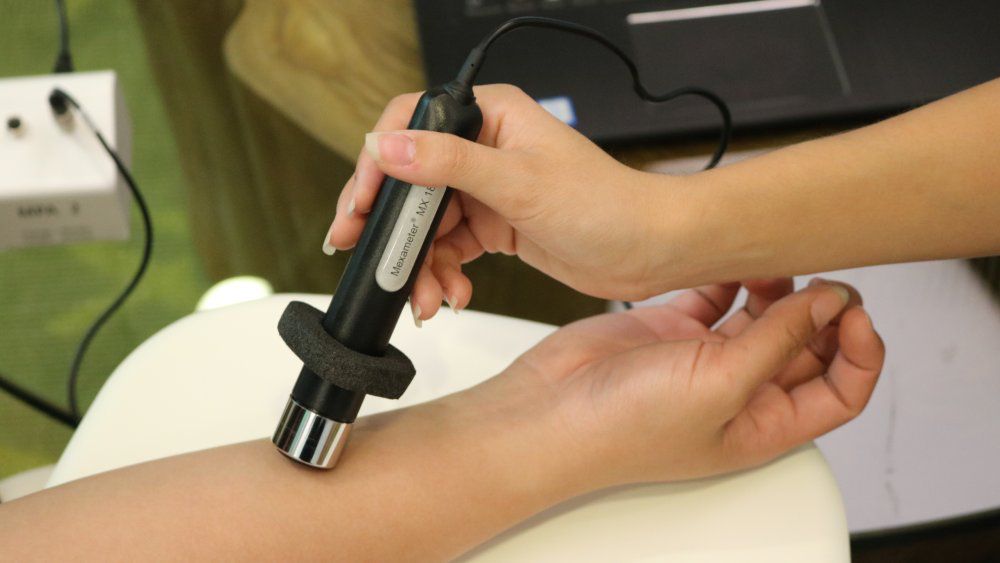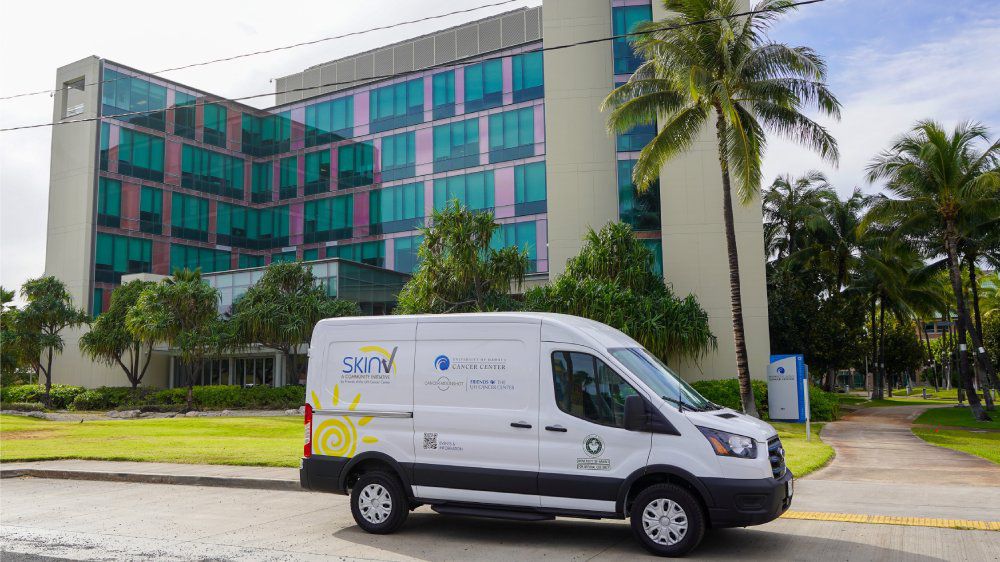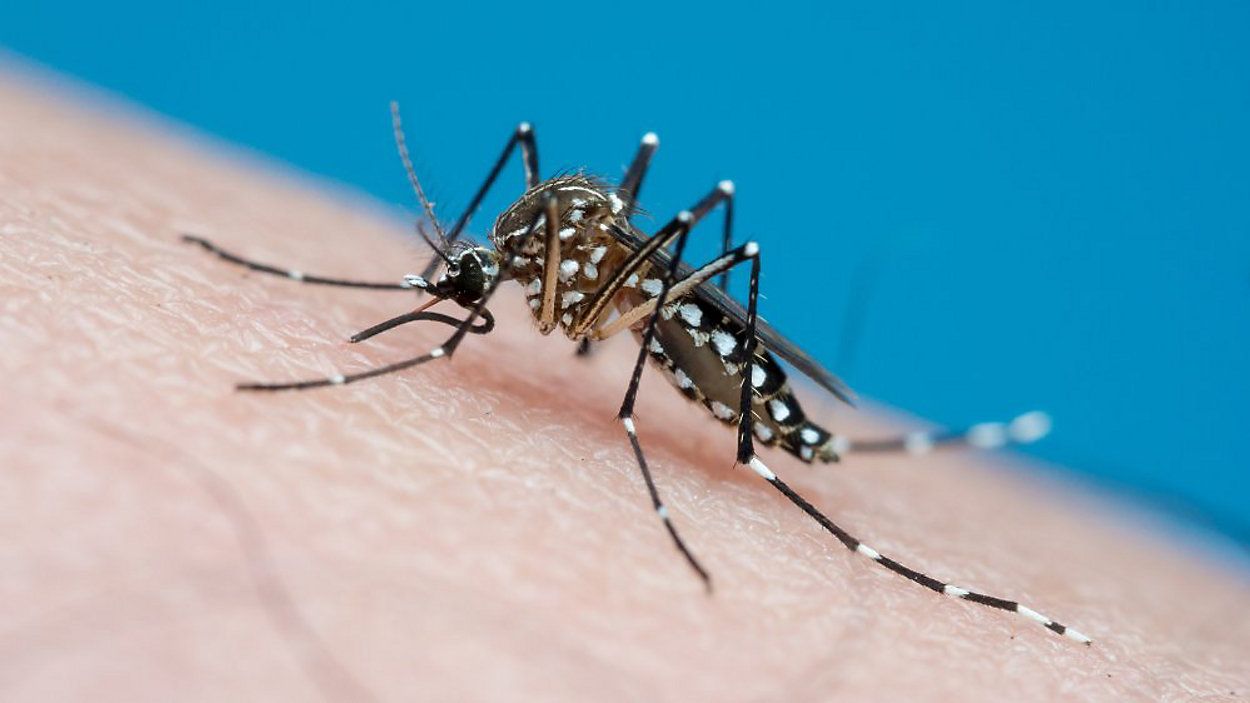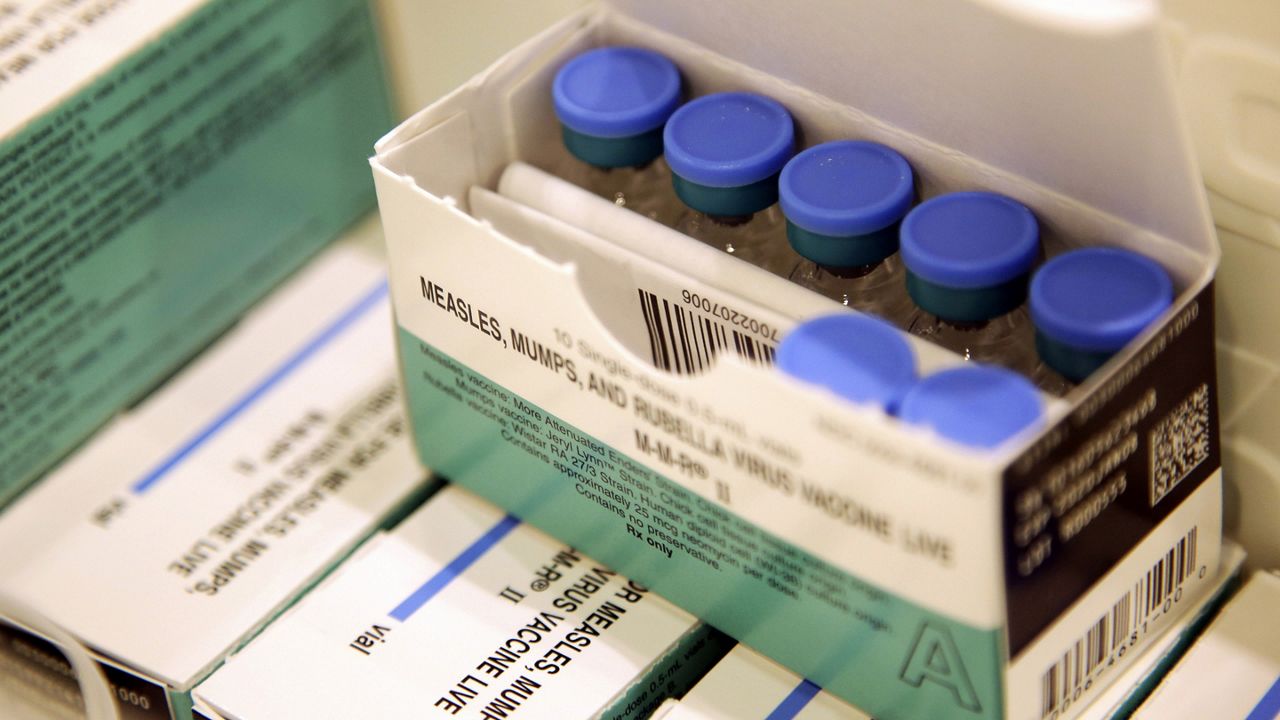HONOLULU — In an effort to promote skin cancer prevention across the state, the Friends of the University of Hawaii Cancer Center has launched a first-of-its-kind mobile Skin Check Van that will travel to beaches, courts, parks and other outdoor venues on Oahu.
It debuts from 9:30 a.m. to noon on April 20 at Kalihi Valley District Park.
Students, staff and doctors from the UH Cancer Center, the John A. Burns School of Medicine and the Hawaii Dermatological Society will staff the mobile unit sharing information with the community on how to prevent skin cancer as it travels to different sites.
“We are excited to share important facts and knowledge about skin cancer, a disease that affects thousands of individuals, right here in the state,” said the Friends of UH Cancer Center Board President Rex Chang in a news release.
“We know that prevention is key to reducing cancer incidence and mortality, so expanding the Cancer Center’s reach through community projects like the Skin Check Van are incredibly helpful in keeping Hawaii’s people healthy and safe,” Chang said.
Fully equipped with educational materials, photoaging software and tools that measure a person’s total sun exposure throughout their lifetime, the van has all the tools and resources to show the importance of sun protection.

According to the release, Hawaii alone has about 10,000 people diagnosed with skin cancer each year. Although it’s the most common type of cancer in the U.S., it’s the most preventable.
Skin cancers such as melanoma and basal and squamous cell carcinomas are especially prevalent in Hawaii residents because of extended exposure to the sun.
Prevention methods include wearing UV protective sunscreen and clothing, staying in the shade and avoiding artificial UV sources such as tanning beds and sunlamps.
The UH Cancer Center is one of just 72 research institutions, and the only one in Hawaii and the Pacific, that is a National Cancer Institute-designated cancer center.
Sarah Yamanaka covers news and events for Spectrum News Hawaii. She can be reached at sarah.yamanaka@charter.com.








